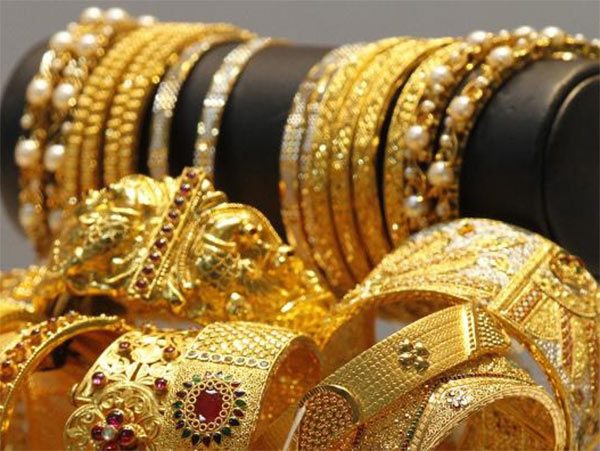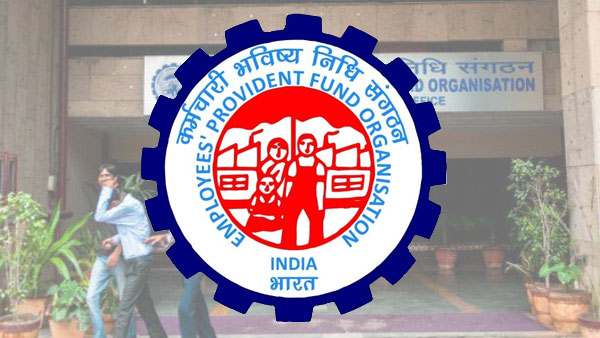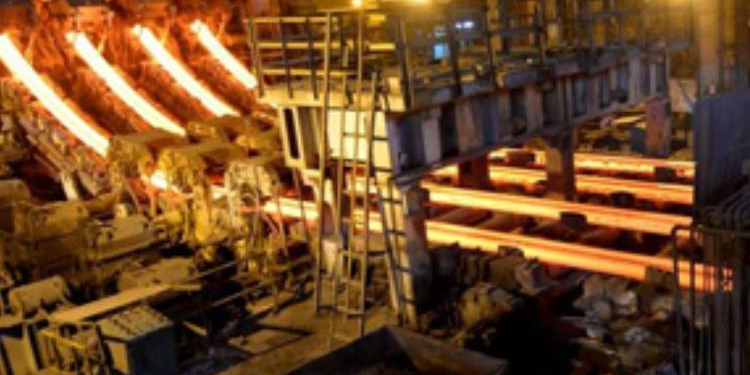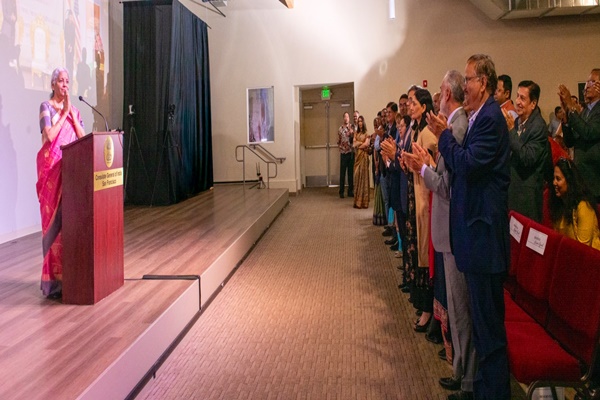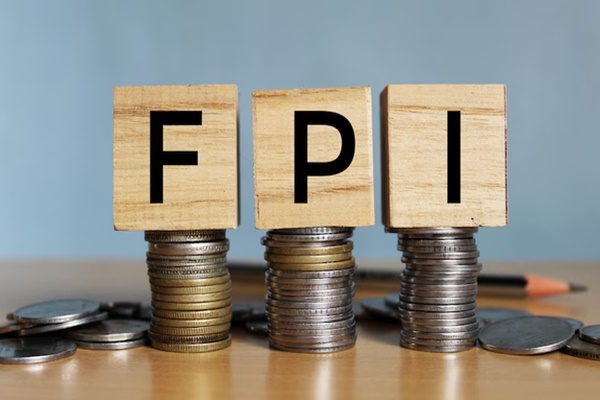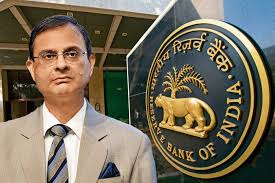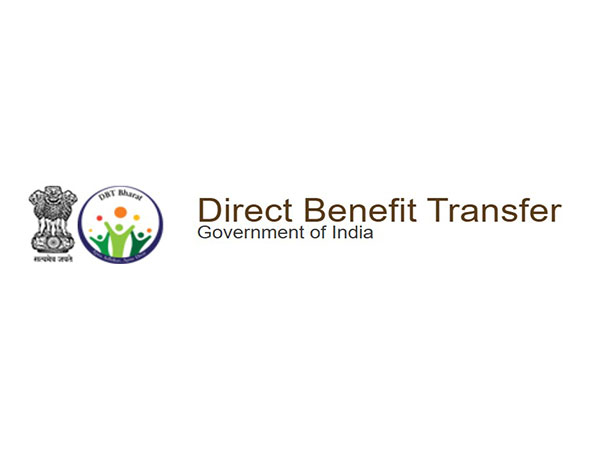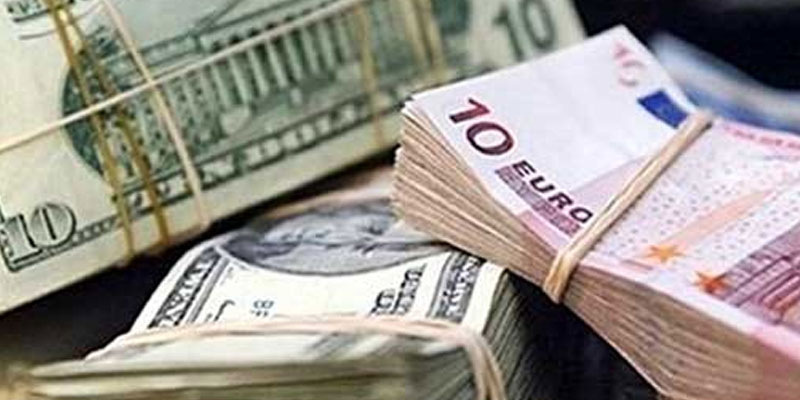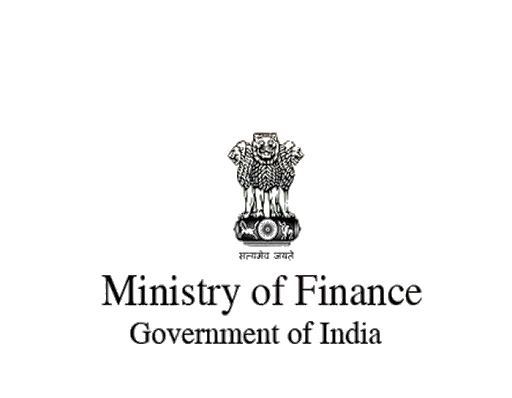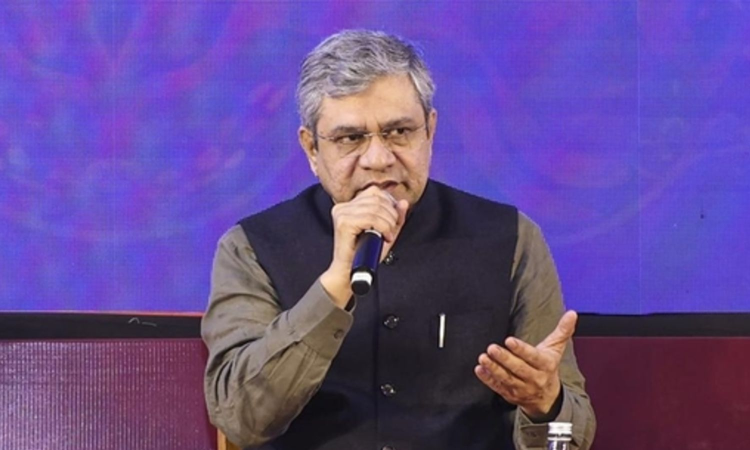Microsoft's Xbox One X hits India on Jan. 23
Tue 23 Jan 2018, 16:35:05
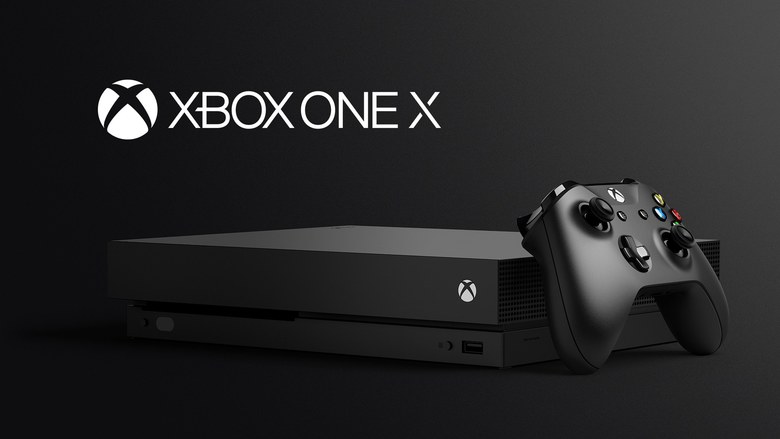
Microsoft's Xbox One X will be available in one of the biggest markets in the world on Tuesday, but it will be a question of whether the console will be able to do well in a market where its rival Sony PlayStation reigns supreme.
It doesn't help that the price, at 44,990 Indian Rupees ($705), isn't exactly cheap, especially in a country where the reported per capita income in 2016 was $1,670, though there's probably a richer middle class in the bigger cities that could afford the console.
"For gaming at Microsoft, the console business is one part of that," Jeremy Hinton, Xbox Business Lead at Microsoft Asia, said in an interview with CNET.
"More and more, it's gaming with Windows, and every game we launch now is available on Windows and Xbox. So it's all about what best aligns to consumers in the market."
That being said, Hinton added that those who were interested in the console experience would invest in it, and that the console gamer in Asia typically spends quite a bit, north of $200 a year.
Furthermore, the Xbox One X features
backward compatibility, a feature that the company hopes will help it stand out, letting users who chose to upgrade from the earlier Xbox One or One S be able to play their older games on the new 4K console.
backward compatibility, a feature that the company hopes will help it stand out, letting users who chose to upgrade from the earlier Xbox One or One S be able to play their older games on the new 4K console.
While Xbox users in the US have access to movies, sports and TV content, it's not the same in Asia due to content licensing restrictions. Microsoft is planning to work with local content providers to provide for something similar, though Hinton declined to share more. Given the Xbox One X's position as an home entertainment device that's not just used for gaming, support for 4K TV watching means having local content deals could be a possible advantage if it ever happens.
On the other hand, gaming in India is still pretty much dominated by PC and mobile gaming, and console gaming can be considered niche, says IDC's associate research director Navkendar Singh.
"The Xbox one X, even though is one of the most powerful consoles, will face challenge in terms of overall value to the gamer and enhancements to upgrade from existing systems in markets like India," said Singh.
No Comments For This Post, Be first to write a Comment.
Most viewed from Business
AIMIM News
Latest Urdu News
Most Viewed
May 26, 2020
Do you think Canada-India relations will improve under New PM Mark Carney?
Latest Videos View All
Like Us
Home
About Us
Advertise With Us
All Polls
Epaper Archives
Privacy Policy
Contact Us
Download Etemaad App
© 2025 Etemaad Daily News, All Rights Reserved.


